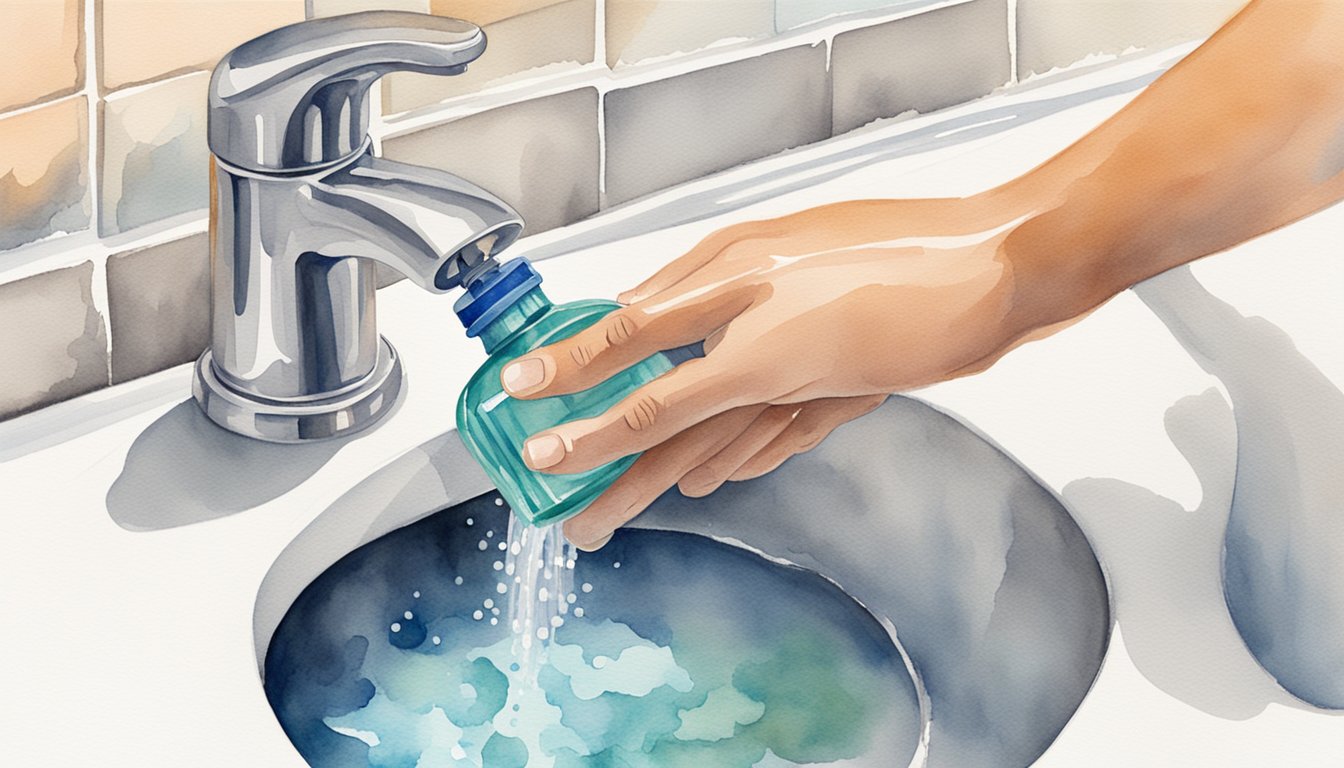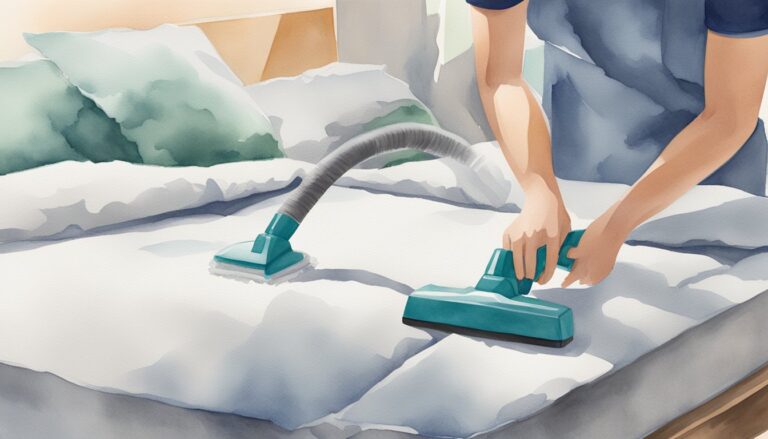Call us: (631) 270 9692
A clogged shower drain can be a real nuisance, leading to slow draining water and unpleasant smells. The key to maintaining a clean shower drain is regular upkeep and using simple methods to clear any buildup. By following some straightforward steps, we can keep our shower drains functioning smoothly and prevent potential problems before they start.
Cleaning a shower drain does not have to be difficult. Whether it’s using baking soda and vinegar or a store-bought solution, there are several effective methods to tackle a clogged shower drain. Removing the drain cover and pulling out the gunk can make a big difference. Keeping our drains clean with daily, weekly, and monthly routines can help avoid the hassle of major clogs.
Preventing future clogs is crucial. Pouring boiling water down the drain weekly or using a plunger for minor blockages can save us a lot of hassle. For those stubborn clogs, it might be necessary to consult a professional. Knowing how to clean a shower drain ensures that our bathrooms remain a pleasant and hygienic space. Let’s dive into the specifics and keep our shower drains in top condition.
Understanding Your Shower Drain
Knowing the type of shower drain you have and the common causes of clogs can help you maintain it better. This often involves dealing with materials like PVC pipes, hair, soap scum, and product buildup.
Identifying Different Drain Types
Shower drains come in various types, including traditional, linear, and point drains. Traditional drains are the most common and feature a round or square cover. Linear drains are long and sleek, often placed along the edge of the shower. Point drains are usually small and placed at the lowest point, ideal for walk-in showers.
The material of the pipes also matters. Most residential homes use PVC pipes because they are durable and resistant to corrosion. Knowing your drain type helps in selecting the right cleaning methods.
Recognizing Common Causes of Clogs
Clogs often result from hair and soap scum. Hair tends to get tangled and trapped, creating a web that catches more debris. Soap scum solidifies over time, narrowing the pipe’s diameter. Additionally, buildup from shower products like shampoos and conditioners can gunk up the drain.
To prevent these issues, we should regularly clean our drains. For example, we can pour hot water to break down soap scum. Removing hair from the drain cover every few days helps prevent larger blockages. Understanding these common issues prepares us to tackle clogs more effectively.
Methods for Cleaning Shower Drains
Cleaning a shower drain can be done in a couple of effective ways. We’ll discuss using tools for manual removal and natural cleaning solutions.
Manual Removal Using Tools
Using tools to clean a shower drain is often the first step. A drain snake is one of the most effective tools. We can insert it into the drain and twist it to grab hair and debris. Pull out the snake, and we’ll likely see a lot of gunk stuck to it.
Rubber gloves are essential for this job since drains often have slimy buildup. We should always wear them to protect our hands.
Another method involves using a plunger. We should fill the shower with a few inches of water to cover the bottom of the plunger. Then, place the plunger over the drain and push down and up energetically. This can help loosen the clog.
If the drain cover is removable, we should take it off and use a hair catcher to remove visible hair and debris. It’s a straightforward, manual approach but very effective.
Natural Cleaning Solutions
Natural cleaning solutions are a great way to avoid toxic chemicals. One popular method uses a vinegar and baking soda mixture. We should pour one cup of baking soda down the drain, followed by one cup of white vinegar. The mixture will fizz and bubble, helping to break down clogs.
After letting it sit for 10-15 minutes, we should flush the drain with hot water or boiling water to clear out the debris.
We can also use a combination of soda and boiling water. Pouring a bottle of soda down the drain and letting it sit for an hour can be effective. Afterward, a flush with boiling water ensures the clog is dissolved.
Natural methods are safer and just as effective as commercial cleaners. Regular use of these methods, such as monthly deep cleaning, can keep our shower drains running smoothly.
Preventing Future Shower Drain Issues

To keep our shower drains clear and functioning well, we should focus on regular maintenance and using effective tools. By following good habits and using helpful accessories, we can reduce clogs and keep our drains clean.
Regular Maintenance and Good Habits
Regular maintenance is key to preventing clogs. We should clear away hair and soap scum that can accumulate in the drain. After each shower, it’s helpful to remove any visible hair that has gathered near the drain.
Using a monthly deep cleaning method can keep our drains in good shape. By pouring hot water down the drain, we can help dissolve any buildup. A mixture of baking soda and vinegar is also effective. Pour baking soda into the drain, followed by heated vinegar. Wait a few minutes for the fizzing reaction to occur, which helps break down grime.
Avoiding harsh chemical cleaners is advisable as they can damage pipes over time. Opt for natural methods or enzyme-based cleaners that are safer for the plumbing. These small steps can make a big difference in maintaining a clean and functioning shower drain.
Tools and Accessories for Drain Protection
Using the right tools can help us protect our shower drains. Drain covers or hair catchers are effective at preventing clogs. These sit over the drain and trap hair and other debris, making it easy to clean them out regularly.
A plumber’s snake or drain auger is another useful tool. This long, flexible tool helps remove blockages that are deeper in the drain. We can use it periodically to ensure there isn’t any buildup causing slow drainage.
Enzyme-based drain cleaners are a good alternative to chemical drain cleaners. They use natural enzymes to break down organic materials that can clog drains. These cleaners are safe for our pipes and the environment.
By using these tools and accessories, we can keep our shower drains functioning well and avoid future issues.





